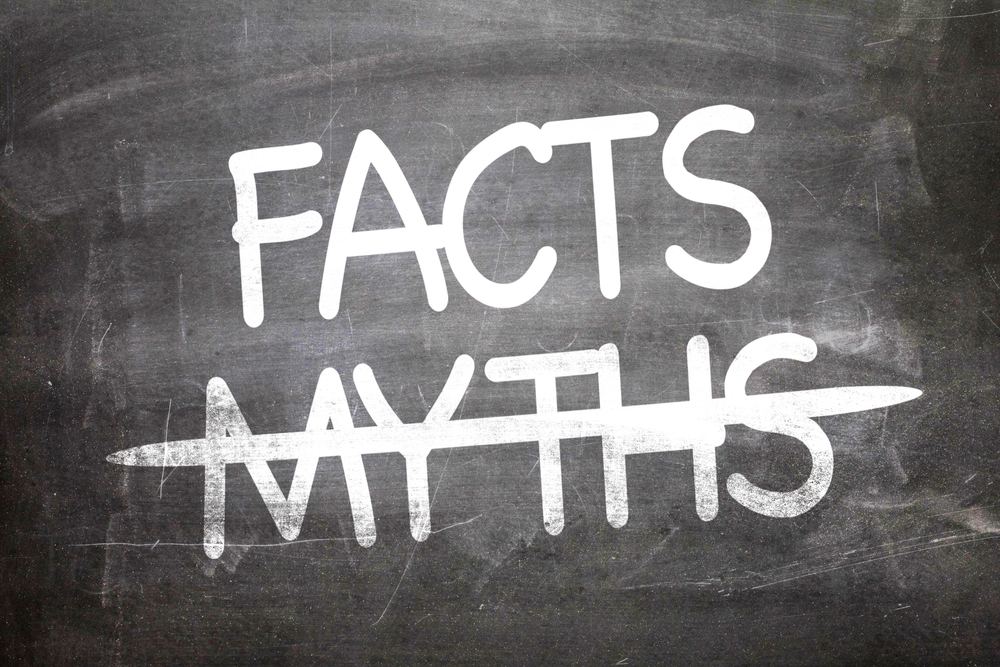Resolving Tax Liens and Levies
4 Types of IRS Tax Levies and What You Need to Know About Each One
If you’re dealing with tax issues, you may have heard the term “tax levy” mentioned as one of the possible actions the IRS can take to collect unpaid taxes. But what exactly is a tax levy, and what types should you be aware of? Let’s walk through the basics so you’ll know what to expect and, more importantly, how to protect yourself.
Dealing with an IRS Revenue Officer? Here’s What You Need to Know
If you’re facing a visit or call from an IRS Revenue Officer, you might feel a mix of confusion and stress. After all, most of us never expect to deal directly with the IRS, let alone with one of their Revenue Officers. But it can happen to anyone, especially if you have overdue tax debts, haven’t filed tax returns, or are dealing with payroll tax issues. So, let’s walk through some tips to help you manage this situation calmly and effectively.
What is an IRS Tax Levy?
Editor’s Note: This post was originally published in December 2011 and has been updated for accuracy and comprehensiveness.
If you're behind on your taxes, you've likely heard the term "tax levy" thrown around—but what does it actually mean, and how could it impact you?
11 IRS Wage Garnishment Myths
Editor’s Note: This post was originally published in February 2012 and has been updated for accuracy and comprehensiveness.
If you're facing an IRS wage garnishment, you're not alone. A recent study by Northwestern and MIT estimates that 1% of workers, or 1 in 100, may be experiencing a wage garnishment during any given pay period. It's important for you to understand what is true and what is false about wage garnishments so that you can take whatever steps are necessary to stop wage garnishments. If you know the truth, you are one step closer to being able to stop IRS wage garnishments. Here are 11 common myths...
Editor’s Note: This post was originally published in June 2013 and has been updated for accuracy and comprehensiveness.
When you are seriously negligent in paying your IRS tax debt, you put your income and assets at risk of being seized. The IRS uses this extraordinary step to collect on debts when taxpayers have failed after repeated warnings to pay what they owe.
Read More >How to Ask the IRS for Tax Forgiveness
Editor’s Note: This post was originally published in February 2023 and has been updated in 2024 for accuracy and comprehensiveness.
The IRS is rarely in a forgiving mood, but under the right circumstances, you might be able to earn their forgiveness for part of your tax debt.
Read More >How to Avoid an IRS Levy
This post dives into levy avoidance. If you don’t want the IRS seizing your property, this post is for you. Actually, this post is for people who have property levied by the IRS and anyone else who wonders what happens when you don’t pay your taxes.
Read More >Have you ever received a Dishonored Payment Notice from the IRS and wondered how Klingons got involved? Or maybe you worried you would need to sacrifice yourself in shame. Oh, no! My payment was dishonored. I must (fill in the blank with something terrible).
Read More >Bank Levies and How They Work
Have you ever tried to get money out of your bank account only to find your account was frozen? You may have been under a bank levy. Bank levies are a tool for collecting on a debt. It sounds counterintuitive that a frozen account would help you pay the debt, but the account is only inaccessible to you.
Read More >SUBSCRIBE VIA EMAIL
POSTS BY TOPIC
- Tax Tips and Help (285)
- IRS Collections (121)
- IRS Audit (72)
- Tax Credits and Deductions (70)
- Tax Resolution (62)
- Business Taxes (54)
- Back Taxes (48)
- Wage Garnishment (21)
- Tax Levies (19)
- IRS Payment Plans (15)
- Tax Liens (14)
- Offer in Compromise (9)
- Unfiled Tax Returns (9)
- IRS Tax Attorneys (7)
- Asset Seizure (6)
- Tax Evasion (6)
- Criminal Tax Defense (4)
- Innocent Spouse Relief (4)
- Alimony (1)











